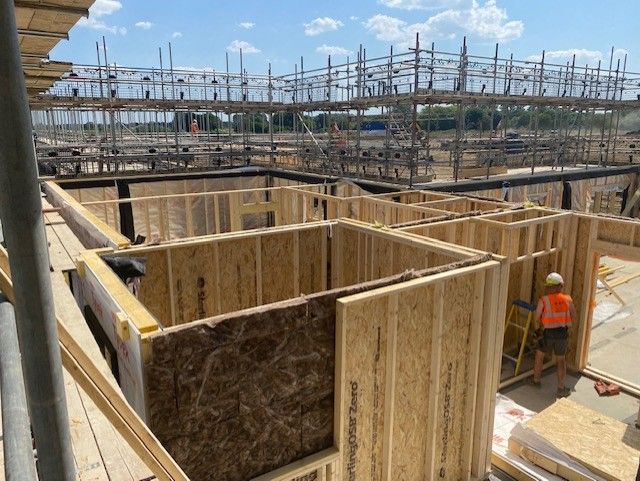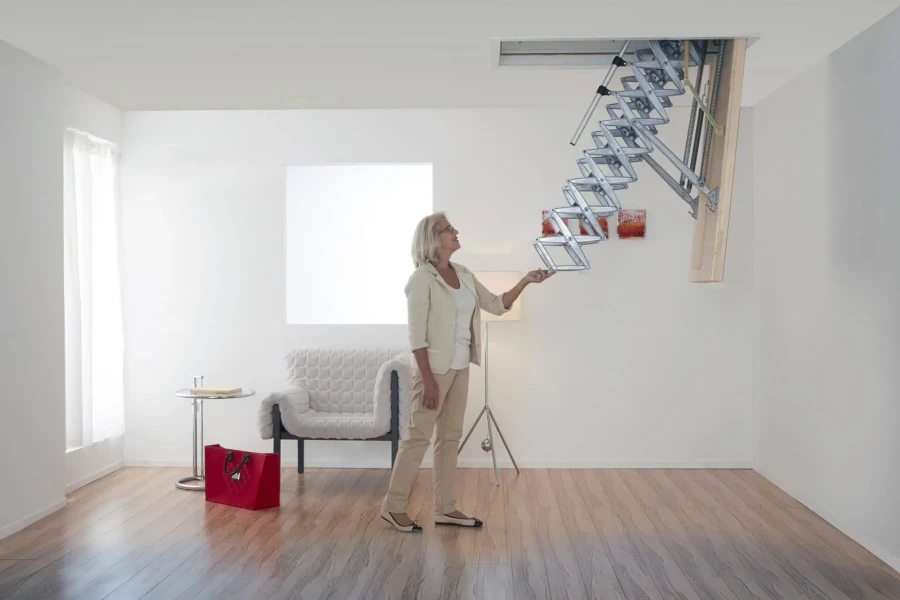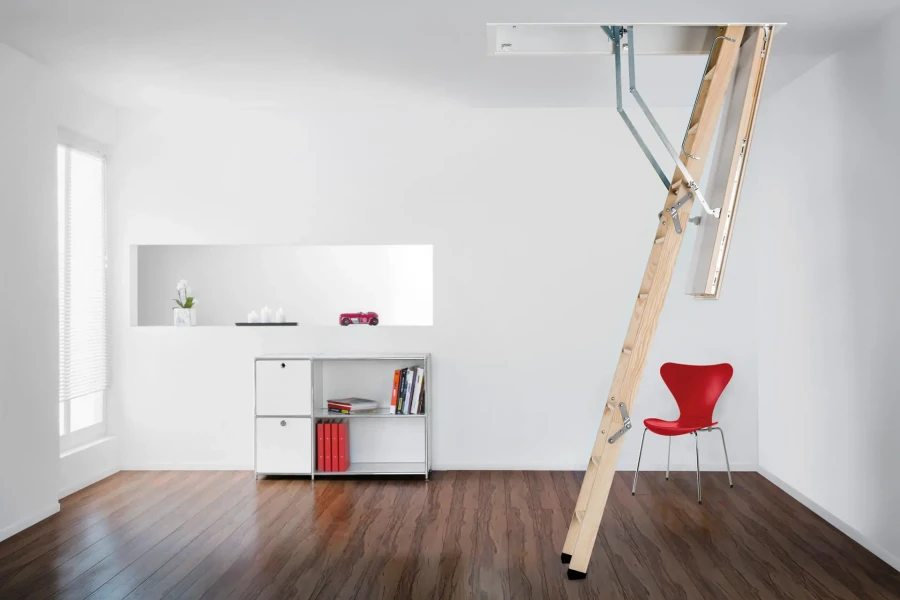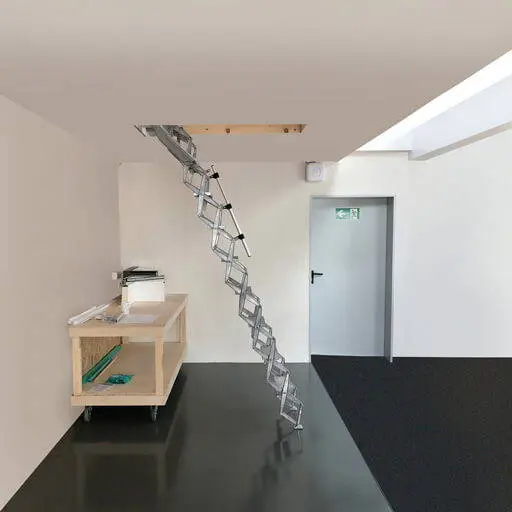
Figures released in HBF’s latest Housing Pipeline report reveal a 49% year-on-year increase in the number of planning approvals for new homes in the second quarter of 2013.
Whilst a fall on Q1, the figure still means there were 77,686 permissions granted in the first six months of the year, a 26% year-on-year increase. The figure though is still well short of the 220,000 per year needed to meet housing demand.
The figures mean that the moving annual total, that hit a trough of 117,067 in the 12 months to 2011 Q3, has risen to 156,608, a 34% increase. This is a strong forward indicator of future levels of home building. Undoubtedly the upturn reflects increased applications as a result of Government demand-side measures and an improving mortgage market, as well as the impact of the positive planning principles of the NPPF.
But whilst this upward trend is positive, there is increasing industry concern over the planning conditions attached to many permissions that are preventing construction work starting on sites. ‘Planning Conditions’ are set by local authorities upon granting planning permission, with many requirements needing to be met before work starts (so-called ‘pre-commencement’ conditions). Increasingly builders are reporting these conditions, which in some cases can total in excess of a hundred separate items, are becoming more onerous and more numerous and are causing considerable costly delays to construction - sometimes taking years after the permission has been granted to meet satisfactorily.
The Government’s Help to Buy scheme resulted in 12,500 reservations in its first five months, really helping to address demand issues, and developers are now looking to increase supply. But the industry is warning that Local Authorities have got to be realistic about what conditions they attach to a planning permission; whether they are really necessary; or whether they can be discharged later in the development process rather than before development commences, so that house builders can get building.
The 37,053 permissions granted in the second quarters was the highest Q2 number since 2008. However, it is still well short of the 55,000 permissions required on average per quarter – 220,000 per year - to meet housing need, or the 54,500 that were being granted on average per quarter during 2006 and 2007.
The NPPF contains a robust appeals system that is allowing developers to receive permissions in instances where Local Authorities have not abided by the responsibilities placed on them by the system. This should act as an incentive for them to put proper housing plans in place as soon as possible to ensure they have control over development in their areas, as opposed to allowing ‘planning by appeal’.
Stewart Baseley, Executive Chairman of the HBF, said; “The overall trend in residential permissions is very positive. It reflects house builders’ increasing confidence in the market and also the positive principles of the new planning system. With Help to Buy forging ahead strongly and developers looking to increase output, we need to see the increase sustained.
“However, at a time when developers are looking to build more much needed homes, we are increasingly concerned by the conditions attached to many of these permissions that prevent actual work starting on site. Local Authorities must ensure planning conditions are not overly onerous or unrealistic otherwise despite the success of Help to Buy, the much needed increase in housing supply will be held back.
“Despite the increase in permissions granted, we are still well short of the 220,000 permissions required annually to meet housing need and all parties need to work closely together to ensure we see continuous and steady increases moving forward.
“Building the homes we need could take millions off social housing waiting lists and enable beleaguered first time buyers to get a foot on the ladder. It could also create half a million new jobs, and give the country a massive and much-needed economic boost.”
Allan Wilén, Glenigan’s Economics Director, commented, “Whilst off the high point seen at the end of 2012, the number of approvals remains significantly ahead of a year ago. The current strengthening in housing market activity points to a further potential rise in planning approvals during the second half of the year as housebuilders bring forward sites for development during 2014.”
Planning permissions granted now will, in the main, be built over the next three or four years. Around 115,000 homes a year are currently being built in England, against a demand requirement for 220,000 so the need to see a continued and steady increase on the number of permissions granted is quite clear.




















